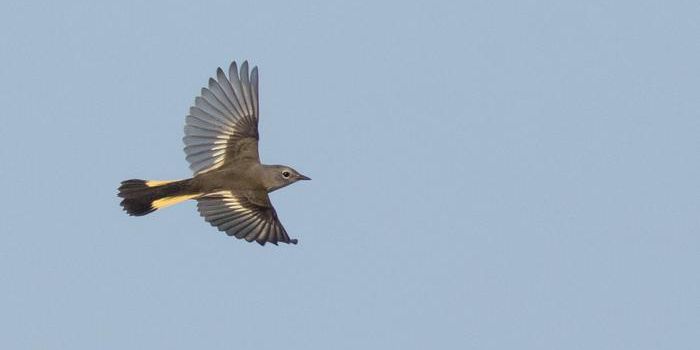Study Investigates Why People Like Bees and Dislike Wasps
Bees and wasps share a lot in common; the clear majority of both sport the familiar black and yellow color scheme, retain unpleasant stingers for self-defense and play an instrumental role in pollinating the surrounding environment.
Despite these similarities, bees have a reputation for being a lot more loveable than wasps. Ask almost anyone you know, and they’ll probably tell you how bees are fantastic and wasps are the bane of their existence. But why is that?
Image Credit: Pixabay
Curious researchers from the University College London wanted to solve this mystery, and so they surveyed 748 people from 46 different countries to learn more about our perception of these insects. Their results appear this week in the journal Ecological Entomology.
"It's clear we have a very different emotional connection to wasps than to bees—we have lived in harmony with bees for a very long time, domesticating some species, but human-wasp interactions are often unpleasant as they ruin picnics and nest in our homes," explained study lead author Dr. Seirian Sumner.
"Despite this, we need to actively overhaul the negative image of wasps to protect the ecological benefits they bring to our planet. They are facing a similar decline to bees, and that is something the world can't afford."
Related: 21 'new to science' parasitoid wasps described in a new study
The results of the survey reveal the two leading reasons for wasp hatred among people: disinterest in the mechanisms of nature and lack of knowledge surrounding the insects.
But the research didn’t stop there; the team also wanted to know whether researchers were spending as much time studying wasps as they were bees. To do this, they looked back on 908 scientific studies involving bees and wasps over a 37-year period and 2,543 conference presentations involving bees and wasps over a 16-year period.
Perhaps unsurprisingly, just 2.4% of those studies focused on wasps while the other 97.6% focused on bees. Respectively, only 18.7% of conferences looked at wasps, while the other 81.3% gave bees the spotlight.
As the researchers point out, these numbers are far from balanced, and they could explain why the public is so misinformed about wasps in general. The findings are rather alarming considering the decline of pollinating insects in the face of environmental changes associated with climate change.
"Global concern about the decline of pollinators has resulted in a phenomenal level of public interest in, and support of, bees. It would be fantastic if this could be mirrored for wasps but it would need a complete cultural shift in attitudes towards wasps," added study co-author, Dr. Alessandro Cini.
"The first step on the way to this would be for scientists to appreciate wasps more and provide the required research on their economic and societal value, which will then help the public understand the importance of wasps."
Related: Even newer pesticides threaten bees, study finds
Reversing humankind’s hatred for wasps will be challenging given the reputation they’ve earned thus far, but the researchers suggest that the best remedy for the problem might be providing wasps with the same sense of urgency as bees in scientific studies.
Source: EurekAlert, Ecological Entomology









